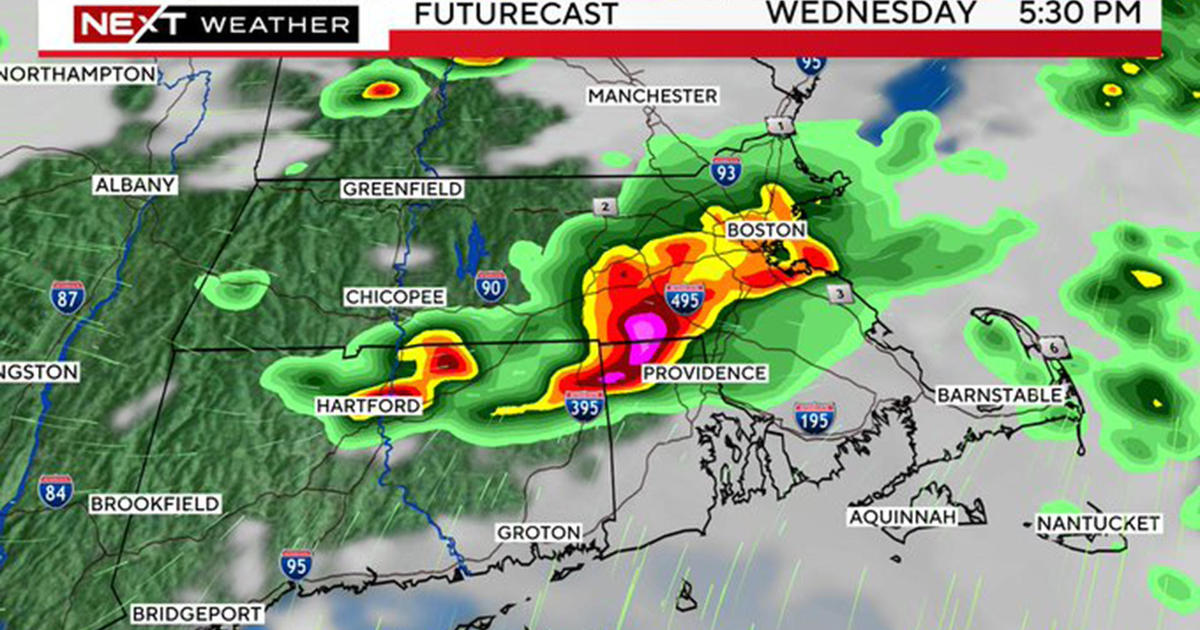Electric or gas powered cars - which is better in the cold weather and snow?
BOSTON -- Here in New England, we're used to weathering tough storms, and we can be just as tough behind the wheel.
But does our ability to commute in the cold change if you swap your gas tank for a lithium-ion battery?
Kathleen Connors, President of Voltrek, a Lawrence-based company that's installed thousands of electric-vehicle charging stations around New England, says yes.
"When you're driving a gas-powered vehicle, you don't have to worry about losing range, because it's like 20 below zero," said Connors. "It's not quite that cold here, even though some days it feels like it.
Connors has been driving electric vehicles for more than a decade. She has driven two Volts, a Bolt, and a Tesla, so she knows a thing or two about how they perform in the winter. Connors says the number one thing drivers need to worry about is range.
"The colder it is the more range you are going to lose. It depends on the vehicle, [but] we've seen as much as 20 percent reduction. It literally depends on the temperature out that day."
2019 research by AAA found an electric vehicle's driving range can drop roughly 41 percent when it's 20 degrees and the car's cabin heat is running. Connors says newer models with larger batteries tend to do better in the cold, so keep that in mind if you're buying a used electric vehicle.
But she says there is an easy solution, no matter what make and model you drive.
"Plug the vehicle in overnight," Connors said. "If you plug it in, it's actually conditioning the vehicle batteries. You don't have to leave it like an ice box in there, but it's more efficient if you use the heated seats and if you have a heated steering wheel and you just don't blast the hot air the whole time."
Unlike a gas-powered vehicle that loses fuel while sitting in traffic, electric vehicles gain range the slower they go. Connors says turning up the car's regenerative braking will help too.
"If you set the regenerative breaking higher, it will generate more miles for you in the winter," she said. "A lot of these vehicles are four-wheel drive so it's not a problem in the snow at all. And it is very heavy from the battery weight, so that stabilizes the vehicle more."
Connors says what does need to improve is the state's charging station infrastructure. The Massachusetts Department of Transportation has already received $9.3 million in federal funding this year to begin installing more fast-charging stations along major state highways.
The race to expand the charging network comes after the passage of a new Massachusetts climate law, which bans car dealerships from selling new gasoline and diesel-powered vehicles after the year 2035. Used fossil fuel powered cars will be exempt.
To make going electric more affordable, the state is offering rebates like:
- $3,500 for a new or used EV costing no more than $55,000
- Extra $1,000 if trading in a combustion engine vehicle with an electric vehicle purchase
- Extra $1,500 for low-income residents
Connors says the electrifying changes are coming whether drivers like it or not, and that keeping an open mind can save you in the long run.




